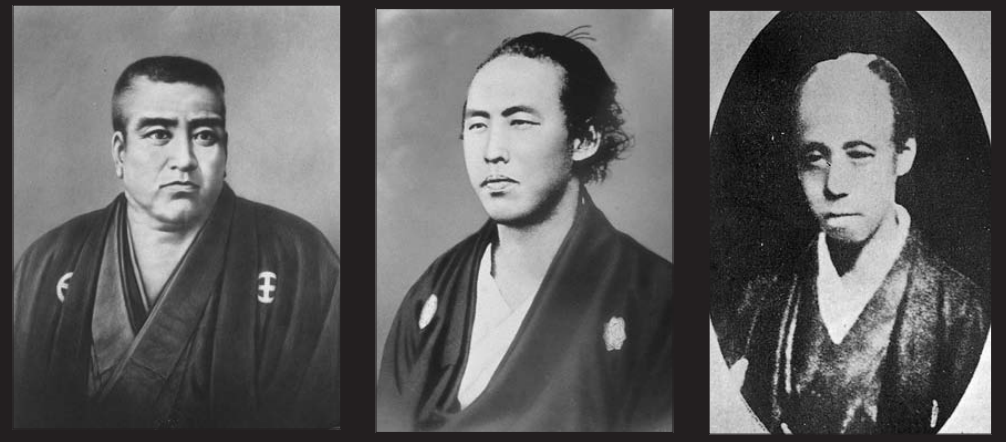Reference




OpenAI's Answer
The relationship between Saisho Atsushi and Saigō Takamori began with their shared membership in the Satsuma domain, a powerful domain in Kagoshima Prefecture. Both men were prominent samurais and played significant roles in the late Edo to early Meiji periods.
-
Satsuma Clan Affiliation: Saisho Atsushi and Saigō Takamori were both key figures within the Satsuma domain and were considered among its "Three Greats," alongside Ōkubo Toshimichi. They were instrumental in shaping the political landscape of the time, particularly during the transition from the Tokugawa shogunate to the Meiji government source.
-
Involvement in Meiji Restoration: Saigō Takamori is well-known for playing a crucial role in the Meiji Restoration, which saw the overthrow of the Tokugawa shogunate and the restoration of imperial rule in Japan. This alignment in political objectives likely strengthened his relationship with other samurais from the Satsuma domain, including Saisho Atsushi.
-
Divergence and Conflict: However, as time wore on, Saigō Takamori grew disillusioned with the new Meiji government's policies, which he felt undermined the samurai class. This ultimately led to the Satsuma Rebellion, which Saigō Takamori led in 1877 against the Meiji government. It is not clear how Saisho Atsushi reacted to these developments, as available historical records mainly highlight Saigō Takamori's actions source.
The dynamic between these two figures represents a complex intersection of shared goals and eventual ideological differences during one of Japan's most transformative periods.
Follow Up
Related
What significant contributions did Saisho Atsushi make as a governor in Sakai?
What roles did Saisho Atsushi serve in the new Meiji government?
How did Atsushi contribute to the secession movement of Nara from Osaka?
Who recognized Saisho Atsushi's potential and assigned him important roles early on?